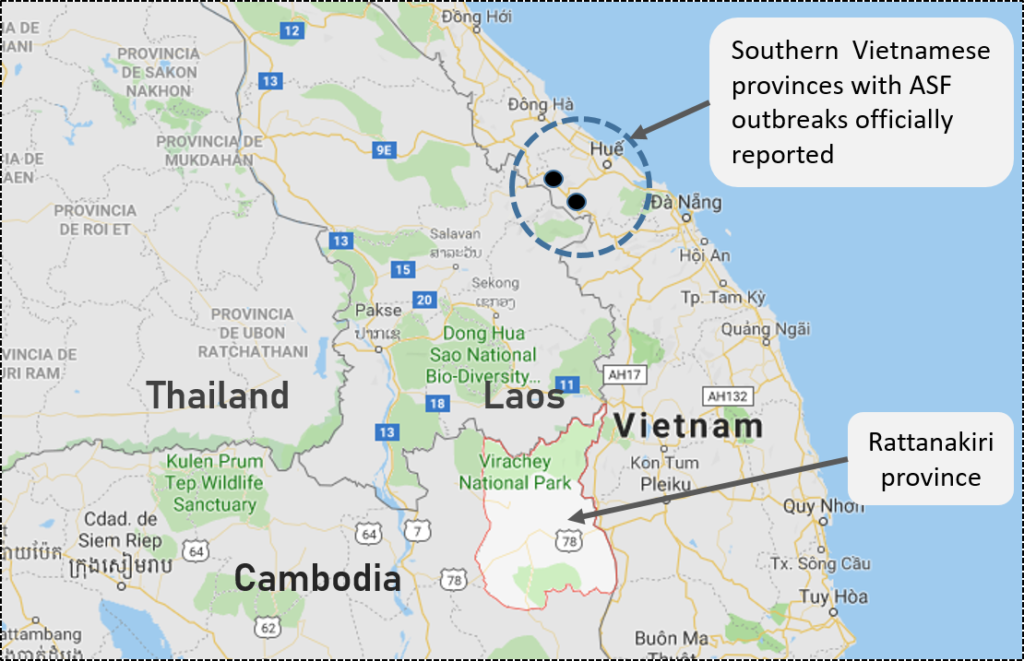
In 2018, African swine fever (ASF) spread into Western Europe, and, for the first time, into China and Southeast Asia. Such dramatic change in the global epidemiological conditions of ASF has resulted in concerns the disease may continue to spread into disease-free regions, such as the US. An analysis funded by the Swine Health Information Center and National Pork Board estimated the risk for introduction of ASF virus into the US through smuggling of pork in air passengers’ luggage. The analysis was conducted by the Center for Animal Health and Food Safety, College of Veterinary Medicine, University of Minnesota (OIE collaborating center on capacity building) and the Universidad Complutense de Madrid, Spain (OIE reference laboratory for ASF). Results suggest the mean risk of ASF virus introduction into the US in this way has increased 183 percent, compared to the risk estimated before the disease spread into China, East Asia, and Western Europe in 2018 and 2019.
Results also suggest the risk that ASF virus is currently reaching US airports in air passengers’ luggage, prior to customs inspection, is high, which is consistent with the detection of ASF virus in seized pork in a number of Australian and Asian airports. Likely, the risk decreases substantially after customs inspection. Most of the risk (greater than 50 percent) was associated with flights originated from China and Hong Kong, followed by the Russian Federation (27 percent).
Data showed risk was highest in summer and five airports account for greater than 90 percent of the risk:
Results suggest the risk for ASF virus introduction into the US via smuggling of pork in air passengers’ luggage has dramatically increased in 2018 and 2019, compared to previous years. This data will help to inform surveillance strategies for the disease in the US, with the ultimate objective of preventing, or mitigating the impact of a hypothetical ASF virus incursion into the country.
On April 3, OIE issued a report revealing African swine fever (ASF) was identified in Cambodia for the first time. In the report, it stated ASF was detected in backyard pigs by Cambodian government agencies on March 22. The report said 500 animals were susceptible to ASF in this instance with 400 cases resulting in death and the remaining 100 head culled to control spread of the disease.

On March 19, 2019, USDA released information on the agency’s activities aimed at preventing the entry of African swine fever (ASF) into the US. Just last month, USDA-trained detector dogs were instrumental in the discovery and seizure of 1 million pounds of prohibited Chinese pork ingredients (not fresh pork) coming into the US through the port at Newark, New Jersey, and headed to destruction per policy. In addition to information on USDA’s commitment to prevention in the release, it also contains a link to a video message from US Secretary of Agriculture Sonny Perdue on this topic as well as resources on the disease, prevention, and tips for international travelers. The USDA release is reprinted in its entirety below. The Swine Health Information Center (SHIC) has been collaborating with USDA and other swine-focused organizations including National Pork Board, National Pork Producers Council, and American Association of Swine Veterinarians to monitor and react to ASF spread in Asia and Europe as well as make plans should the disease reach the US.
A new poster to help producers recognize African swine fever symptoms is now available at no cost from the National Pork Board by visiting their website.
The Swine Health Information Center is sharing a recent United State Department of Agriculture (USDA) Animal and Plant Health Inspection Service (APHIS) Veterinary Services (VS) literature review. The project looked at scientific evidence regarding whether non-animal origin ingredients of commercial swine feed could introduce or transmit viral pathogens of swine into or within the US. In the review, USDA experts identified, evaluated, and summarized current scientific knowledge published through March 2018. They also identified information gaps affecting decision makers, other stakeholders, and the scientific community. In publishing this literature review, USDA has two purposes. First is to provide support for future scientific research and/or risk-quantifying models evaluating the risk of viral pathogen entry via specific feed ingredients from source countries. Then, the information addresses consequences to US swine populations should viral pathogens in feed become a reality. Read the entire literature review here.
The Swine Health Information Center is sharing with US producers and industry representatives the USDA’s recently published Qualitative Assessment of the likelihood of African swine fever virus entry to the United States: Entry Assessment. In this assessment, the illegal entry of swine products and by-products was found to be the largest potential pathway for the entry of African swine fever virus versus other pathways. The assessment was conducted by USDA Animal Plant Health Inspection Service Veterinary Service Center for Epidemiology and Animal Health, Risk Assessment Team in Fort Collins, Colorado. Read the entire assessment here.
The Swine Health Information Center is sharing the recently published USDA Non-Animal Origin Feed Ingredient (NOFI) Risk Evaluation Framework: Scoping document. This work was done to assess the range of potentially contaminated ingredients and source countries, the variety of feed processing and associated kill steps, and multiple pathways of introduction and exposure of swine. USDA says a single comprehensive import risk analysis is not feasible. In this work, USDA’s initial focus was to identify and rank risk factors considered predictive for whether any given NOFI shipment poses substantive risk of introducing ASF to the United States. Read the entire report here.
The Swine Health Information Center is sharing with US producers and industry members the Canadian Food Inspection Agency’s (CFIA’s) new import requirements. The requirements are for unprocessed grains and oilseeds, as well as associated meals, intended for use in livestock feed when sourced from countries reporting an active case of African Swine Fever (ASF) in domestic or wild pigs within the last five years. CFIA conducted a comparative analysis of livestock feed imports which resulted in these specific ingredients being identified to be the highest risk. The date of implementation for these new requirements was Friday, March 29, 2019. Read the announcement in full here. Additional details were released on April 2, 2019, and can be read here.

In the April 2019 SHIC Global Swine Disease Monitoring Report, world maps are links to country-specific information on swine disease outbreaks are included for the first time. This OIE data provides a valuable overview of country-specific disease status and movement. In addition, the Report provides details on further African swine fever (ASF) outbreaks in Vietnam as well as disease status in China, Europe, and Moldova. A fresh risk analysis of the potential for ASF to be introduced in the US through pork smuggled in air passengers’ luggage is included as are details on USDA seizure of 1 million pounds of contraband Chinese pork in New Jersey. Finally, the report includes information on foot-and-mouth disease in North and South Korea.

The Swine Health Information Center April Domestic Swine Disease Monitoring Report features a new online portal for viewing full report dashboards. The new page does not require a log in for viewing report data, providing better access to the information on domestic disease diagnoses. In March, the data showed the porcine reproductive and respiratory syndrome season has been relatively quiet and is expected to remain so. There were more cases of porcine epidemic diarrhea virus than expected at the end of March. And increased detection resulted in higher than expected incidents of Mycoplasma hyopneumoniae.
Copyright 2024 | Swinehealth.org | Website by Heartland Marketing Group